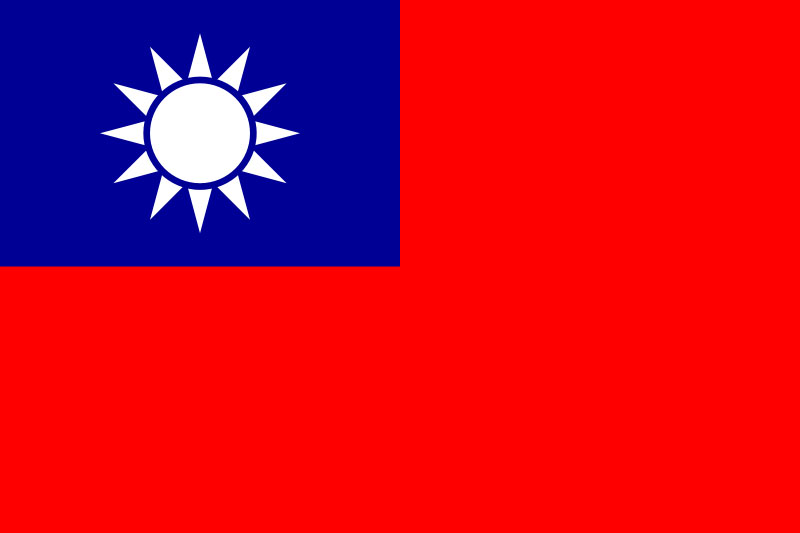
Taiwan
What's New
-
25 April 2013
Taiwan Journalists Unaware of FOI Law, Article Says
Journalists in Taiwan are not aware of the national freedom of information law, according to an article by an American journalist who attended a two-day data journalism seminar in Taiwan, but the open dta movement is growing and information is getting out in unofficial ways. During the workshop, we talked about how to obtain data, […]
freedom of information overview
Taiwan adopted its freedom of information law on Dec. 28, 2005.
The Freedom of Government Information Law protects the people’s right to know, understand, trust and oversee public affairs and establishes procedures for citizens to request access to government information. The law places the burden on the government to make public its treaties, correspondence with foreign countries, laws, administrative decisions, administrative reports, budgets, research papers, procurement contracts and meeting records. However, information classified as national secrets, intellectual property, and professional and trade secrets will not be publicly available. In addition, information that would compromise a criminal investigation, disrupt government work or invade personal privacy will not be accessible.
Article 12 of the 1946 Republic of China Constitution states, “The people shall have freedom of privacy of correspondence.” Additionally, the Constitution protects many rights that have an impact on privacy, such as free exercise of religion (Article 13) and freedom of association (Article 14).



















